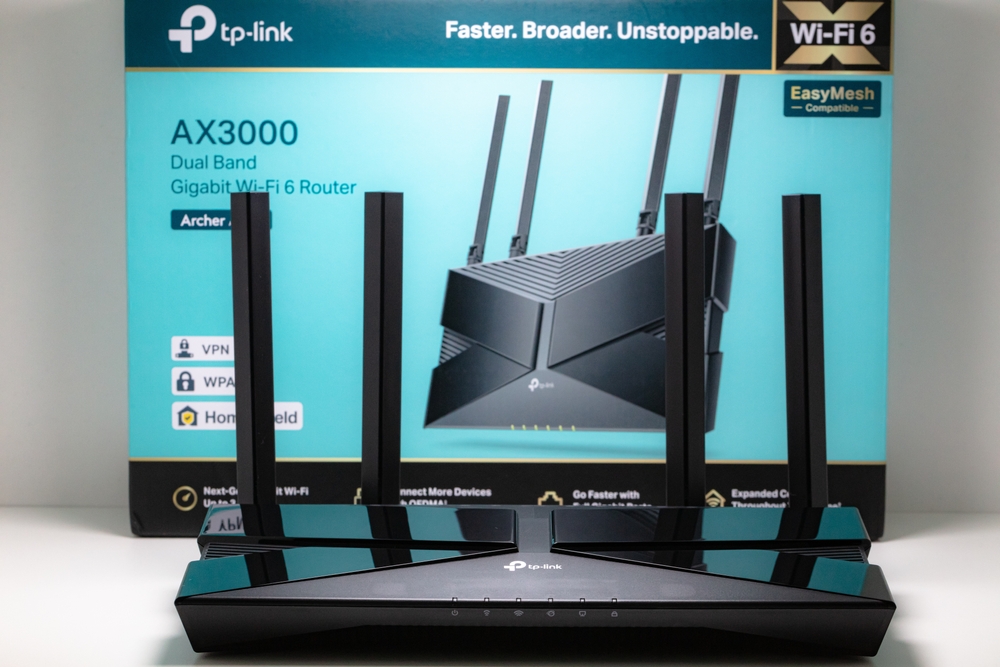The devices could be exploited for cyberattacks or data theft.
Others are reading now
Cybersecurity threats have become a growing concern for governments worldwide.
As technology advances, the potential risks associated with network infrastructure have gained attention, particularly when foreign companies supply critical components.
In the United States, a new debate has emerged over the security risks posed by routers widely used in homes and businesses.
TP-Link, one of the best-selling router brands on Amazon, is now under investigation by U.S. authorities.
Also read
Exploited for Cyberattacks
Lawmakers and cybersecurity experts warn that the devices could be exploited for cyberattacks or data theft. The concerns stem from the possibility that the Chinese government could leverage the technology for espionage.
Congressmen Raja Krishnamoorthi and John Moolenaar raised alarms last year, sending a letter to the U.S. Department of Commerce about vulnerabilities in TP-Link routers, according to Hotnews.
They pointed out that these devices fall under Chinese regulations, raising fears of potential misuse. A report in The Wall Street Journal referenced claims that the routers had been used in cyberattacks targeting the U.S.
Krishnamoorthi suggested that the government should take steps similar to the 2020 “rip and replace” program, which led to the removal of Huawei equipment due to national security risks.
He cited data indicating that TP-Link holds a 65% market share in the U.S.
TP-Link Technologies, the China-based company, denied the allegations, stating that it does not sell products directly in the U.S.
TP-Link Systems, a separate entity operating in California, clarified that most routers sold in the American market are manufactured in Vietnam.
The company expressed willingness to cooperate with federal agencies to ensure product security.
A congressional report warned that TP-Link routers could pose a risk of espionage, with officials calling for a ban, especially within government and defense sectors.
Krishnamoorthi questioned why the U.S. should provide another potential access point to foreign entities, emphasizing that such devices should not be used by government agencies.
Cybersecurity specialists have also raised concerns about risks to individuals. Experts warn that unencrypted communications on these routers could be compromised, exposing sensitive personal data.
While an outright consumer ban is not being considered at the moment, officials stress the importance of educating the public about security risks.
If a ban moves forward, it is expected to begin with federal agencies before gradually extending to broader sectors.

